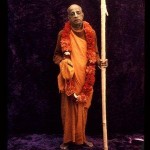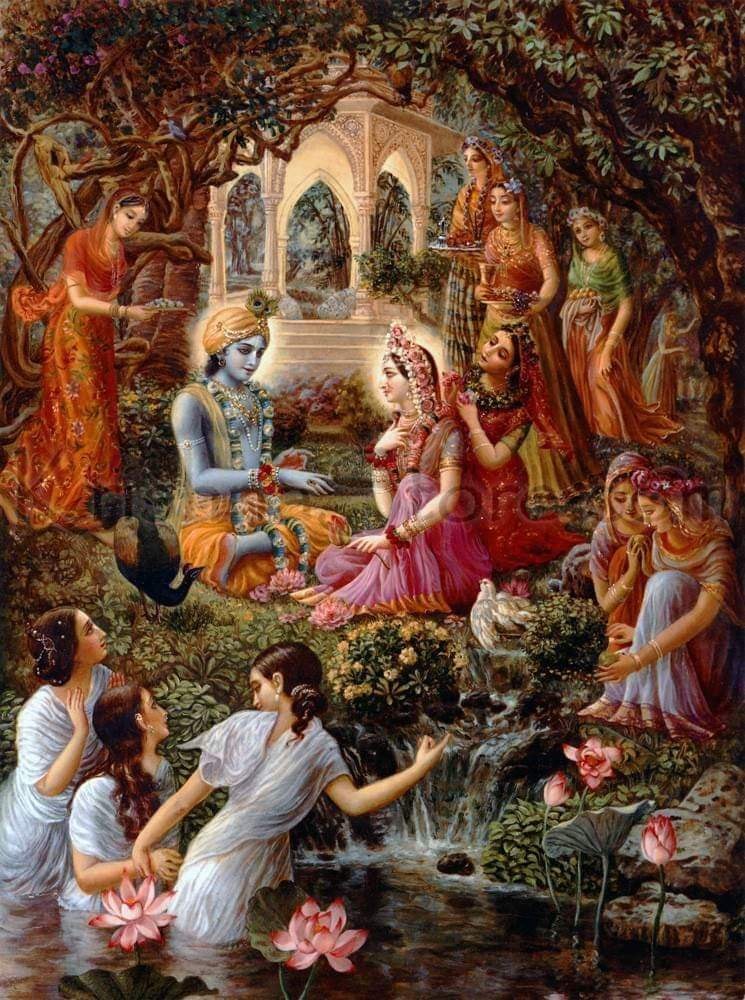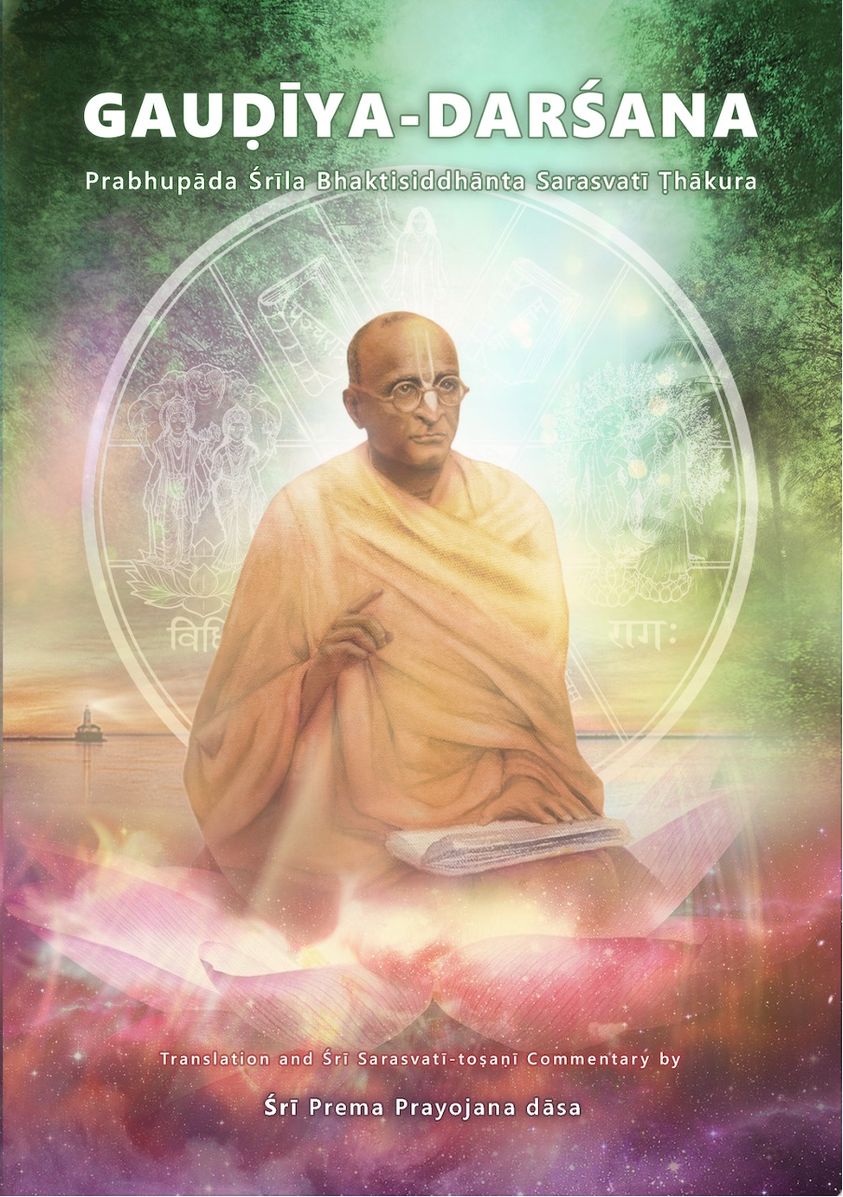Freedom in Krishna Consciousness
Wise Among Men
Renunciation
Taking Pleasure In The Self
Srila Bhaktivedanta Swami Prabhupada
By Srila Bhaktivedanta Swami Prabhupadas Bhagavad Gita Chapter 3 Text 21, 20 and 19
Chapter 3 Text 21
One who is, however, taking pleasure in the self, who is illumined in the self, who rejoices in and is satisfied with the self only, fully satiated-for him there is no duty.
PURPORT A person who is fully Kṛṣṇa conscious, and is fully satisfied by his acts in Kṛṣṇa consciousness, no longer has any duty to perform. Due to his being Kṛṣṇa conscious, all impiety within is instantly cleansed, an effect of many, many thousands of yajña performances. By such clearing of consciousness, one becomes fully confident of his eternal position in relationship with the Supreme. His duty thus becomes self-illuminated by the grace of the Lord, and therefore he no longer has any obligations to the Vedic injunctions. Such a Kṛṣṇa conscious person is no longer interested in material activities and no longer takes pleasure in material arrangements like wine, women and similar infatuations
Chapter 3 Text 22
A self-realized man has no purpose to fulfill in the discharge of his prescribed duties, nor has he any reason not to perform such work. Nor has he any need to depend on any other living being
A self-realized man is no longer obliged to perform any prescribed duty, save and except activities in Kṛṣṇa consciousness. Kṛṣṇa consciousness is not inactivity either, as will be explained in the following verses. A Kṛṣṇa conscious man does not take shelter of any person-man or demigod. Whatever he does in Kṛṣṇa consciousness is sufficient in the discharge of his obligation
Chapter 3 Text 23
Therefore, without being attached to the fruits of activities, one should act as a matter of duty; for by working without attachment, one attains the Supreme.
The Supreme is the Personality of Godhead for the devotees, and liberation for the impersonalist. A person, therefore, acting for Kṛṣṇa, or in Kṛṣṇa consciousness, under proper guidance and without attachment to the result of the work, is certainly making progress toward the supreme goal of life. Arjuna is told that he should fight in the Battle of Kurukṣetra for the interest of Kṛṣṇa because Kṛṣṇa wanted him to fight. To be a good man or a nonviolent man is a personal attachment, but to act on behalf of the Supreme is to act without attachment for the result. That is perfect action of the highest degree, recommended by the Supreme Personality of Godhead, Śrī Kṛṣṇa. Vedic rituals, like prescribed sacrifices, are performed for purification of impious activities that were performed in the field of sense gratification. But action in Kṛṣṇa consciousness is transcendental to the reactions of good or evil work. A Kṛṣṇa conscious person has no attachment for the result but acts on behalf of Kṛṣṇa alone. He engages in all kinds of activities, but is completely nonattached


![Srila Prabhupada praying krishna dot com[1]](http://www.harekrishnasociety.com/wp-content/uploads/2012/03/Srila-Prabhupada-praying-krishna-dot-com1-150x150.jpg)
![srila-prabhupada-019[1]](http://www.harekrishnasociety.com/wp-content/uploads/2012/03/srila-prabhupada-0191-150x150.jpg)










